There were more than a few moments when Thomas Tuchel was speaking and Football Association chief executive Mark Bullingham looked visibly proud. One was when the new England manager spoke of wanting to put “a second star on the shirt”, at which point Bullingham sat back and almost puffed out his chest.
Everyone was open about the fact that this is solely about 2026, with even Tuchel outright talking of getting “England over the line”. It’s as simple as that. Tuchel also spoke of “making our dream come true in America”, since these are, of course, his dreams now, too.
The German had a lot of these lines, since he knows what buttons to push. This effect on players is one of the reasons that the FA picked him, since his charisma can be captivating. That is all the more positive when this World Cup is going to be by far the most commercially lucrative in history, at an anticipated revenue of $11bn. Everyone knows Tuchel can speak, and this introductory press conference obviously wasn’t a first impression. That knowledge of England is one of the reasons he is here.
That was why it was almost as interesting that the day seemed to reveal that it was important for the FA to persuade Tuchel as much as for Tuchel to persuade the FA. While Bullingham spoke of how the 51-year-old gave an “outstanding” interview and such a “clear vision” for how exactly England can win the World Cup, Tuchel himself was enthused about the “idea” and “the way” that Bullingham and technical director John McDermott “presented it”. That response was all the more pointed given that it came in a question about Manchester United’s pursuit of the German. Tuchel merely said it was “a decision for this job”, but didn’t exactly deny the interest or any discussions.
If Tuchel immediately comes across as so impressively convincing, though, it is all the more valuable in the context of the one question that won’t go away – and might not until the World Cup 2026 itself.
That is why, 23 years after the appointment of Sven-Goran Eriksson and over a decade after the construction of St George’s Park, amid a grand cultural overhaul, England find themselves back here again: appointing a foreign manager. It is much more in-keeping with the Premier League’s outlook than the FA’s, given that it amounts to buying solutions to problems rather than figuring them out. England have been thinking about this throughout an entire St George’s Park era only to abruptly go in another direction when they look to be so close.
As regards the most irrelevant issue, which is Tuchel’s nationality, he handled it with expected grace.
“I am sorry to have a German passport but I can just tell them, and maybe the supporters can feel, my passion for the English Premier League, my passion for the country, how I love to live and work here,” he said. “Hopefully I can convince people and show them and prove to them that I am proud to be England manager. I will do everything to show respect to this role and to this country. The target for the next 18 months is nothing else. This is the biggest one in world football and everybody can be assured… no matter of nationality.”
There was also a deft handling of the inevitable questions about the anthem, as Tuchel spoke of how it is “very moving” and that he hasn’t yet made his decision.
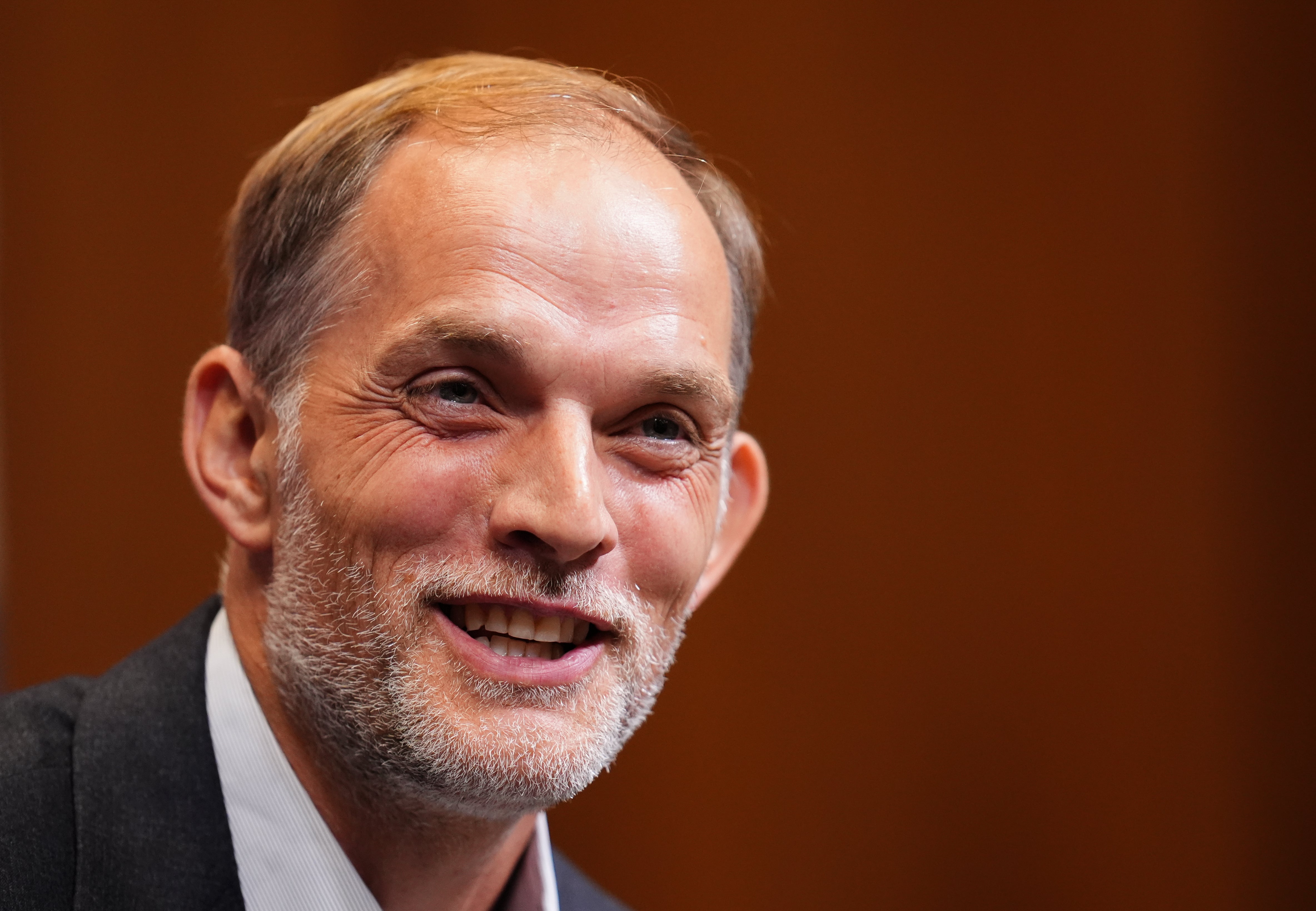
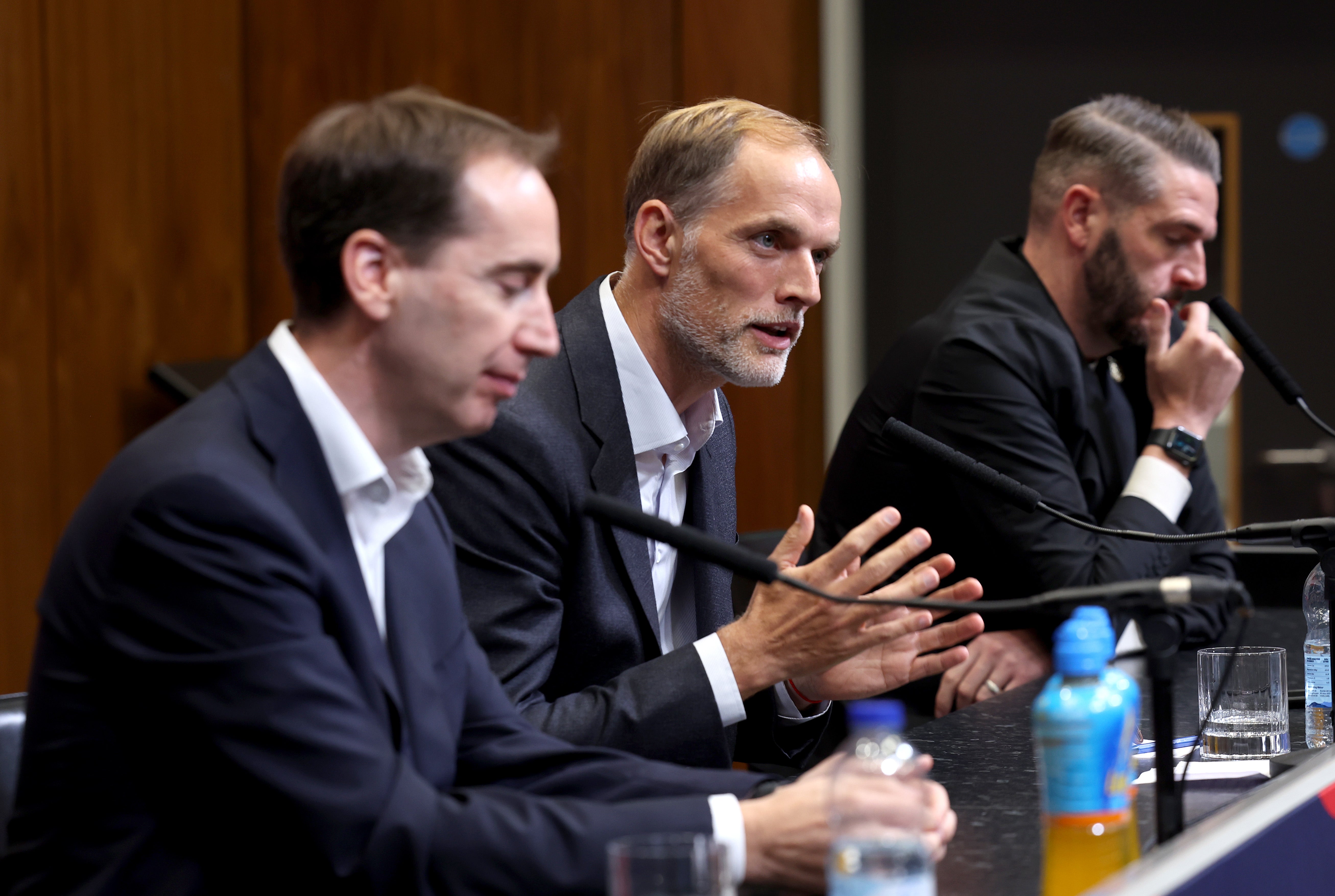
He will no doubt have to discuss a rump of fans still pathetically singing “10 German bombers” in the future.
None of these should really be questions for Tuchel, though. They are more for the FA and why it has not produced the right manager. Bullingham did stress how they “owe it to the players and the country” to have the best possible manager, not just an English manager. He revealed they spoke to 10 candidates, some “more up for the role than others”, with a few of those English. There are obvious names like Graham Potter and Eddie Howe. Some coaches on the pathway may disagree with the idea of how much this appointment served as a debt to the country.
It was impossible not to feel that was why Bullingham made such a point of repeatedly referencing Tuchel’s long-time assistant, Anthony Barry, describing him as “one of the most exciting young English coaches around”.
It was as if to insist “look, this is part of the same plan”. Bullingham had spoken about giving the squad “that support and leadership in tournaments to get them over the line” and one justification will doubtless be this can be a final touch that elevates everyone, including coaches like Barry.
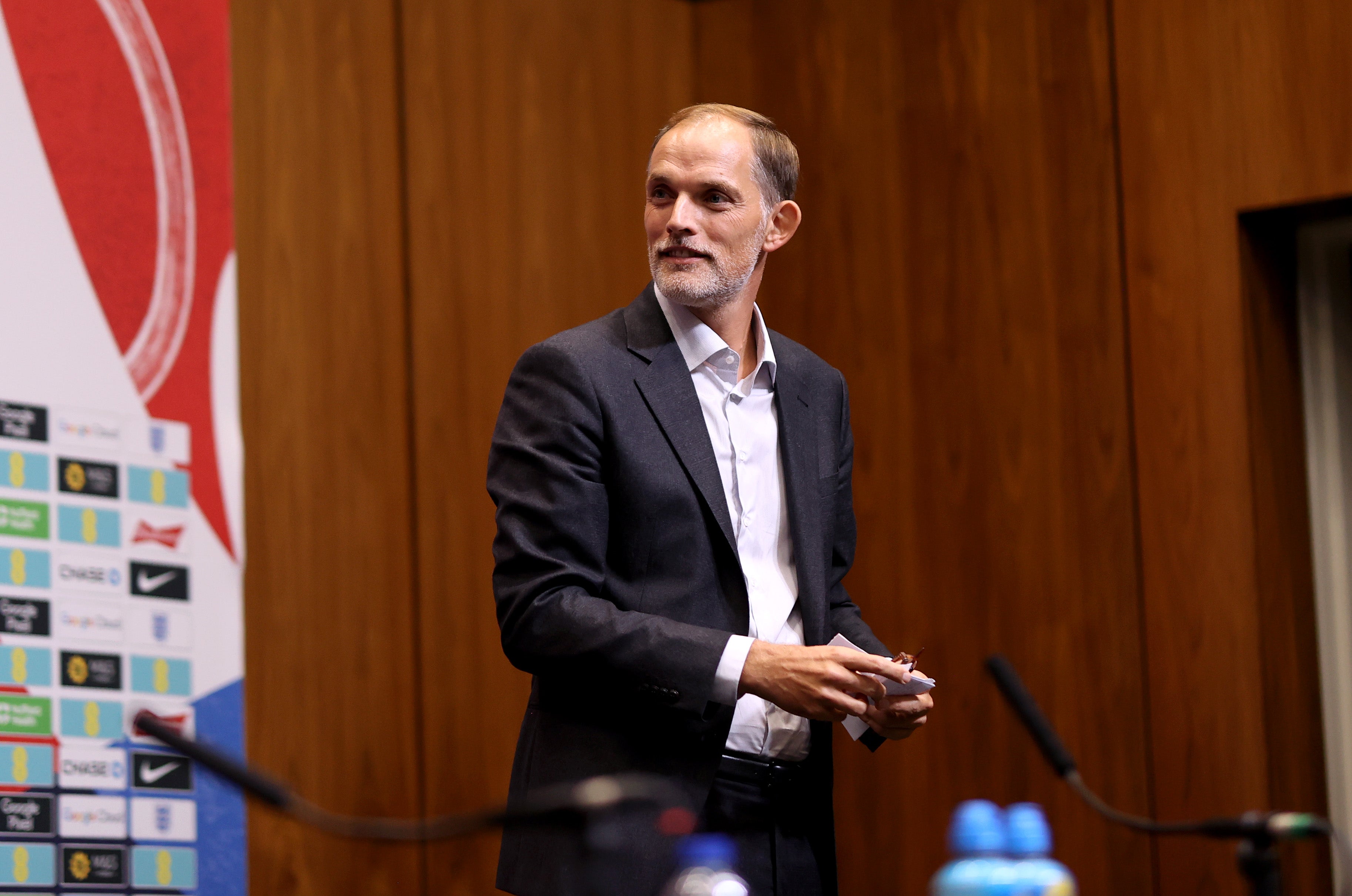
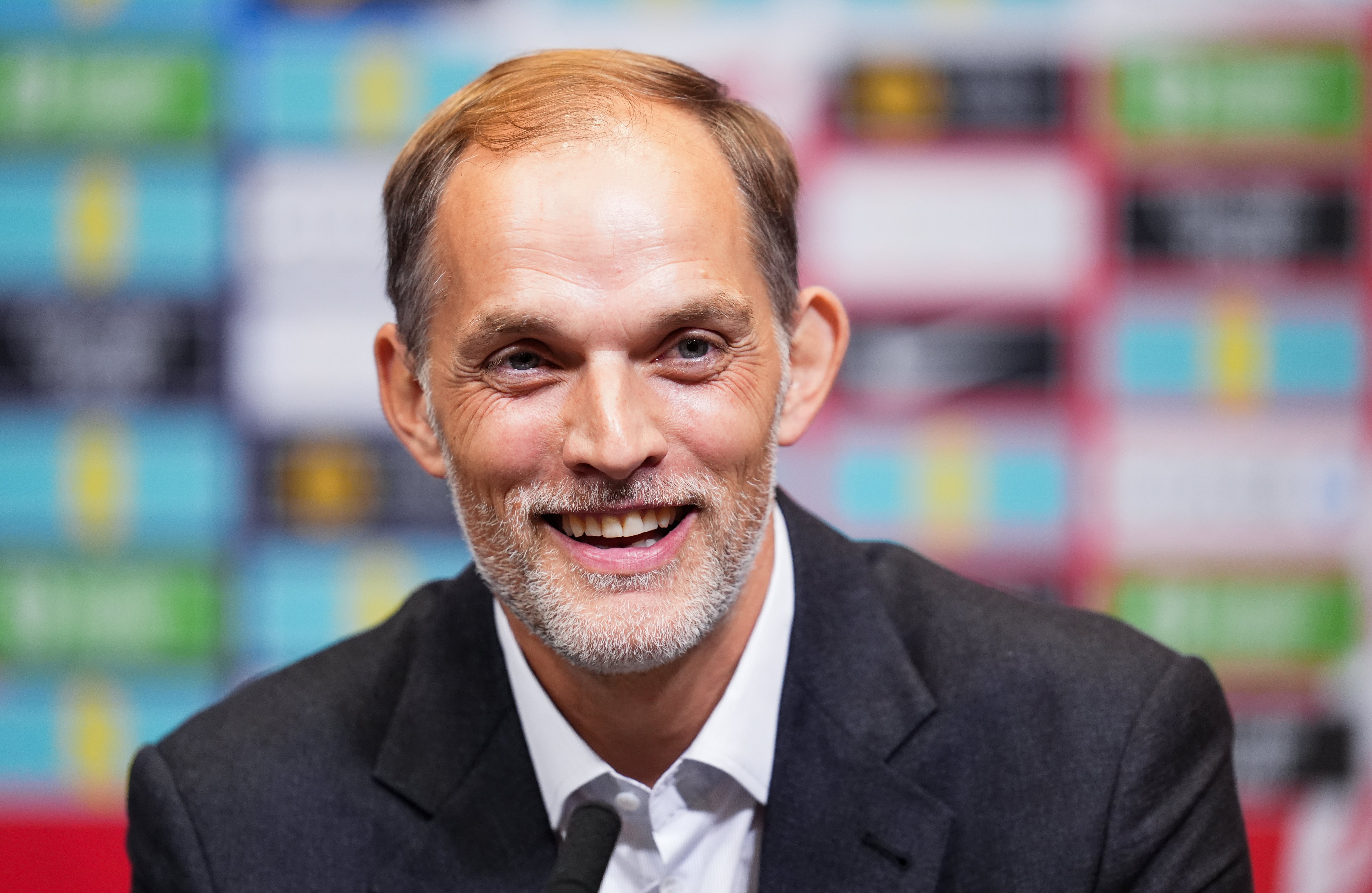
There are admittedly bigger debates to be had about why the Premier League and even the Championship have been so reluctant to give young English coaches chances, which has made the FA’s job harder. They are cultural issues they cannot solve.
Tuchel also went out of his way to praise everything that Southgate and the FA has “built”, merely stating that hopefully he “can add a little bit extra”.
That is ultimately what Tuchel represents. His first day as England manager – even if he doesn’t officially start his new role until 1 January – only strengthened his image as an elite manager, a coup of an appointment. The irony is that it won’t necessarily do much for the FA’s image in terms of the wider English game – unless there is finally the picture of that second star above the crest. Complex discussions will become as simple as that.





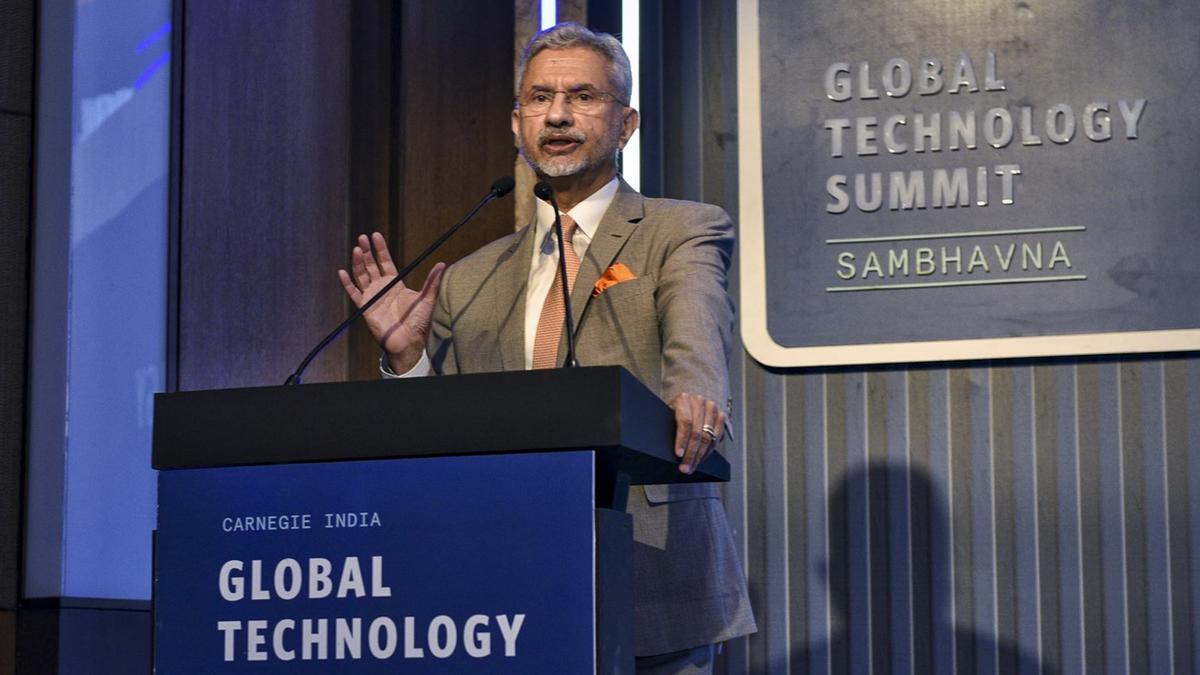
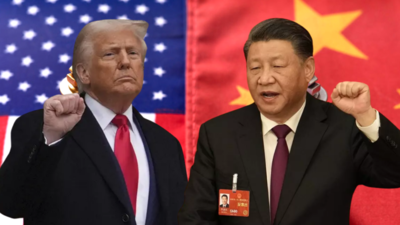


![Best Weight Loss Supplements [2022-23] New Reports!](https://technologytangle.com/wp-content/uploads/2022/12/p1-1170962-1670840878.png)




